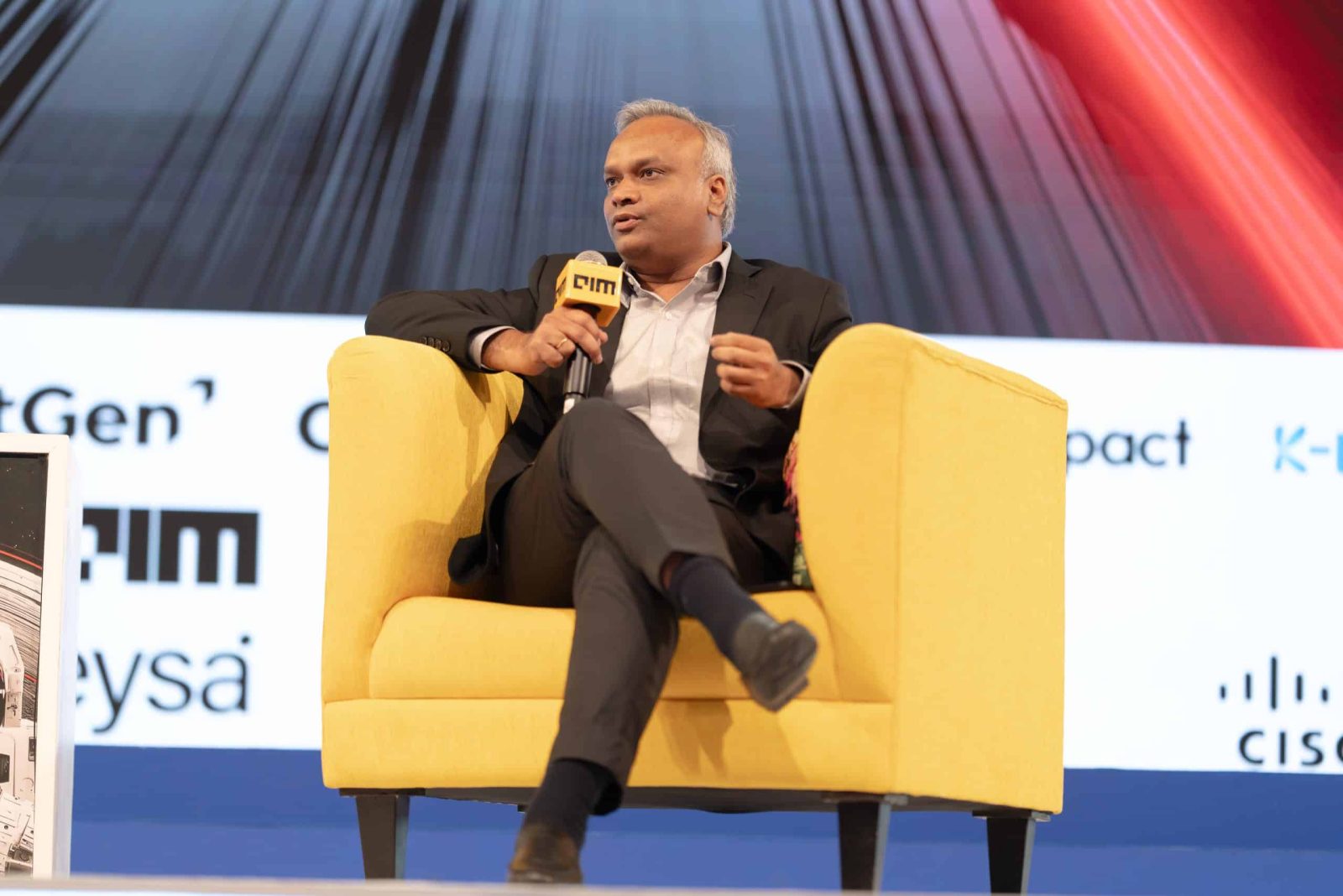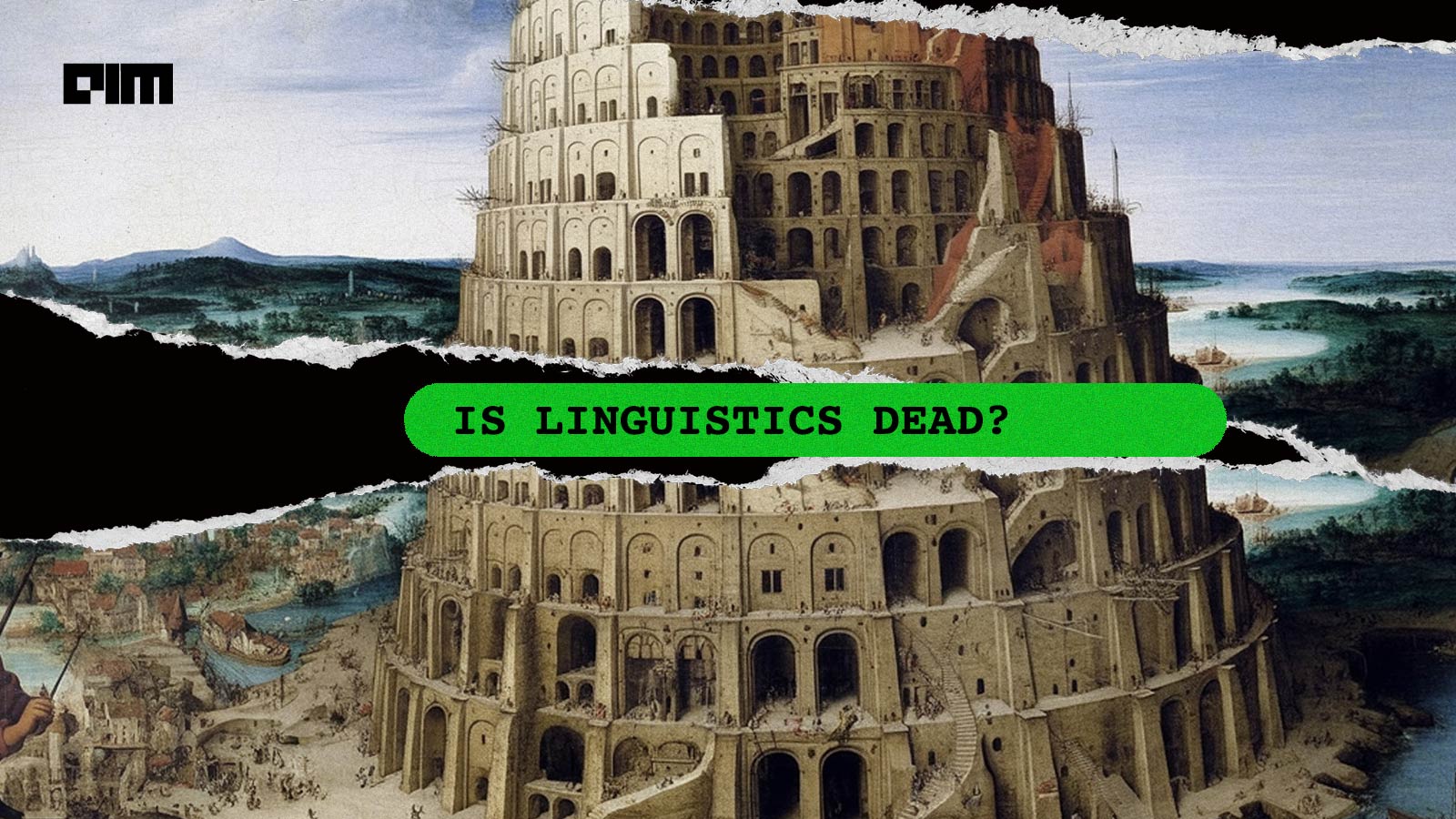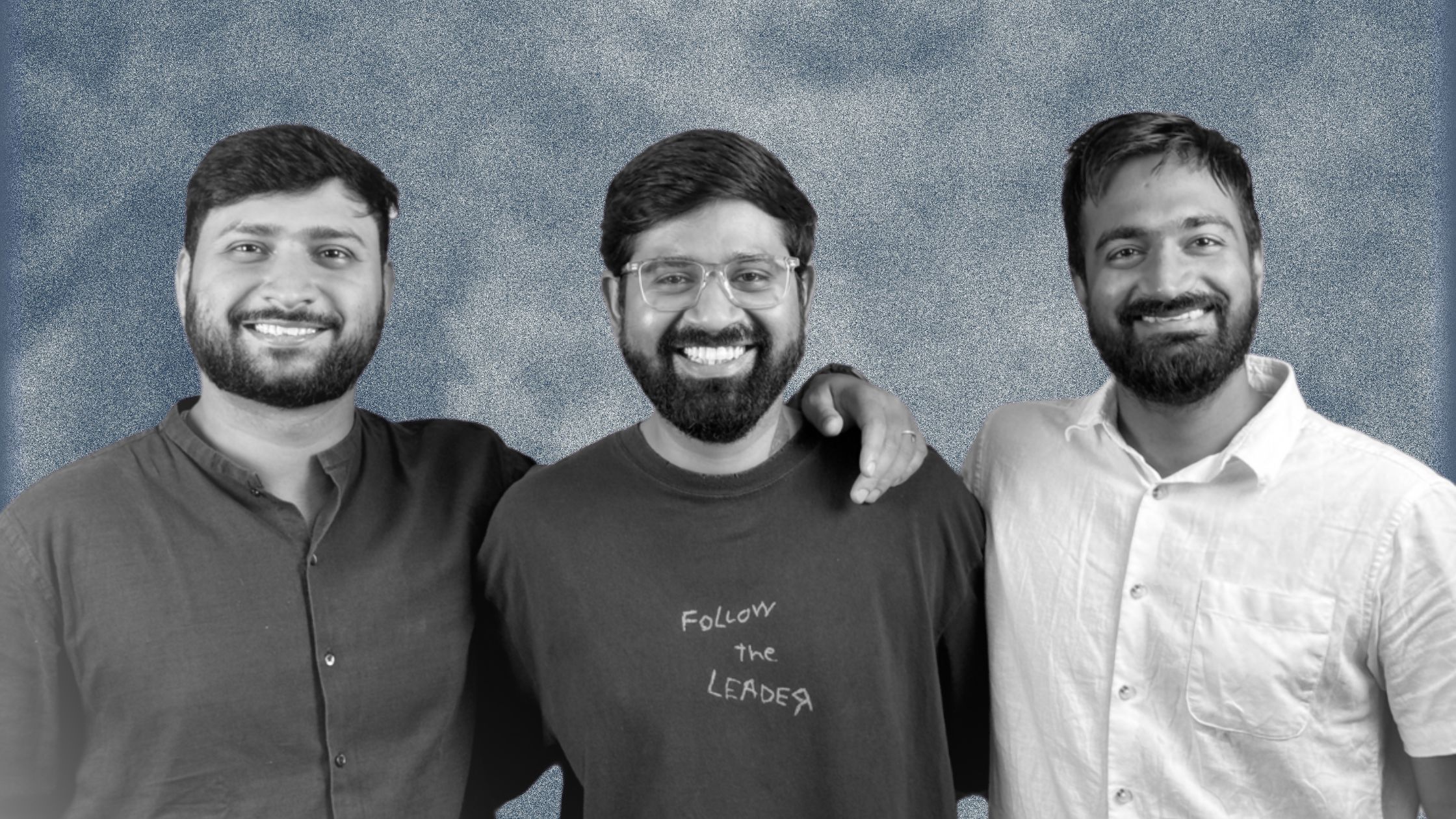
India’s Industrial AI Moment: Why VCs Need to Partner with Universities and Startups Now
Structured collaboration offers a defensible sourcing advantage, providing access to proprietary technologies before they enter the open market.
Explore the comprehensive collection of stories and articles about newest AI startups, showcasing innovative companies at the forefront of artificial intelligence. Discover groundbreaking technologies, industry insights, and the future of AI-driven solutions transforming various sectors.

Structured collaboration offers a defensible sourcing advantage, providing access to proprietary technologies before they enter the open market.

Dashverse’s Raftaar has already crossed 1 million views on the company’s DashReels app.

“I’d be a little more cautious and ensure that I push AI across different demographies and socio-economic backgrounds.”

“The proposed fee could act as a catalyst in strengthening India’s AI talent ecosystem.”

The Kolkata-based company’s patented methodology is in use across sectors like education, healthcare, and financial services.

“The next frontier is not just expressive voices. It’s about building systems that behave like humans in a real call.”

The voice AI arena is busy. Bolna argues its edge lies in product design and distribution.

Ethics and awareness of bias in algorithms need to be the focus of AI literacy curricula

Despite challenges like skewed datasets and model convergence, FL presents a promising solution for navigating India’s fragmented data landscape.

Decentralised AI allows India to own the rails of intelligence, not just be a data supplier.

Storytelling is not just about words. It is about cultural, emotional, and sometimes, political weight.

Edge computing is currently more expensive than traditional data computing and relies on the maturation of the entire ecosystem for success.

The reallocation of talent in Indian AI startups presents potential benefits, although challenges with retention persist.

For years, rivals here have been trying to build ‘India’s ChatGPT’.

‘The question is not whether AI is powerful. It is whether it’s profitable’.

While applications flourish, true innovation remains stunted, risking India’s potential to become a leader in AI.

Nation’s deeptech ambitions seek a synergy between government and private sector initiatives to cross this threshold.

LTIMindtree invested $6 million in Voicing AI that brings human-like voice capability across more than 20 languages.

“August gives midsize law firms the freedom to shape AI around their own playbooks.”

Astra landed two major clients and faced no direct competitors in its niche. But it never scaled beyond beta.

Catering to the vast semi-skilled workforce, voice agents bridge the skill gap and accelerate hiring.

Only $94.8 million has been raised from 13 funding rounds as of July 30, the lowest since 2017.

“Just having them openly available, without any restrictions, helped a lot in my research journey.”

While there is a need for coding copilots or workflow agents for autonomous QA testers in startups and enterprises, direct-to-consumer products face almost no demand at all.

“Some investors flirt A LOT with founders,” Vishnu Ramesh said. “But it doesn’t mean s*** until they give you a term sheet.”

YC CEO Garry Tan noted that some founders are so new to programming that they’ve never known a world without tools like Cursor.

The founder told AIM that Cluely is often branded as a ‘cheating app,’ but the company is choosing to wear the title like a badge.

“You don’t have to be OpenAI to build a transformative AI product.”

The startup was hiring backend developers with ₹50 lakh base pay, relocation, food, and a shot at working with top-tier talent. Yet, the hunt continues.

The company is currently working towards its first $1 million in Indian revenue, with plans to scale up to $5 million and $10 million by combining India and US operations.